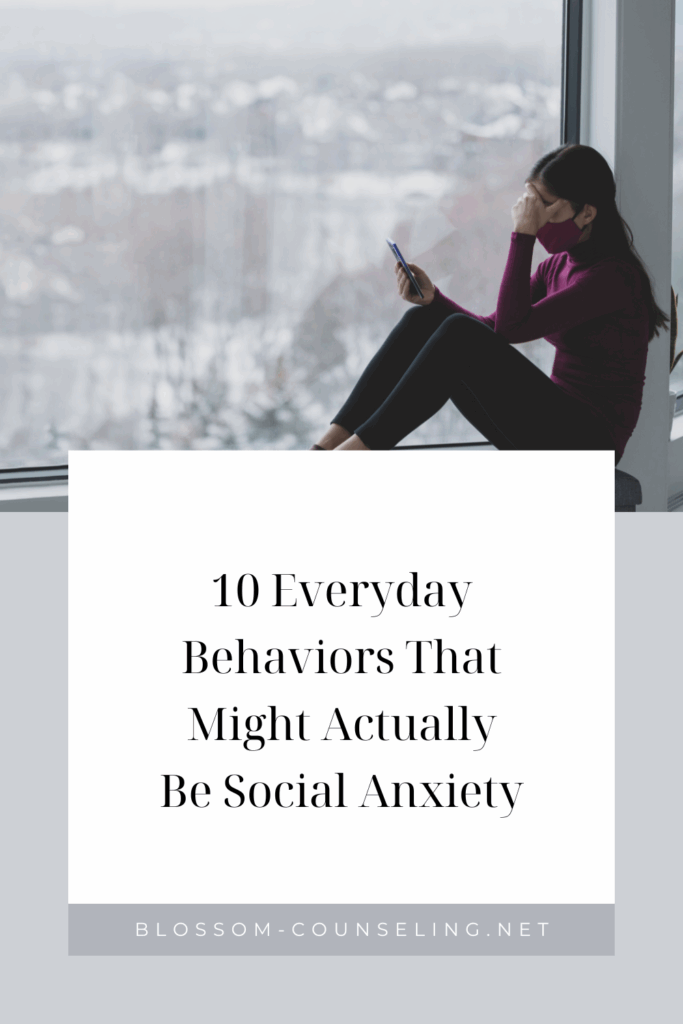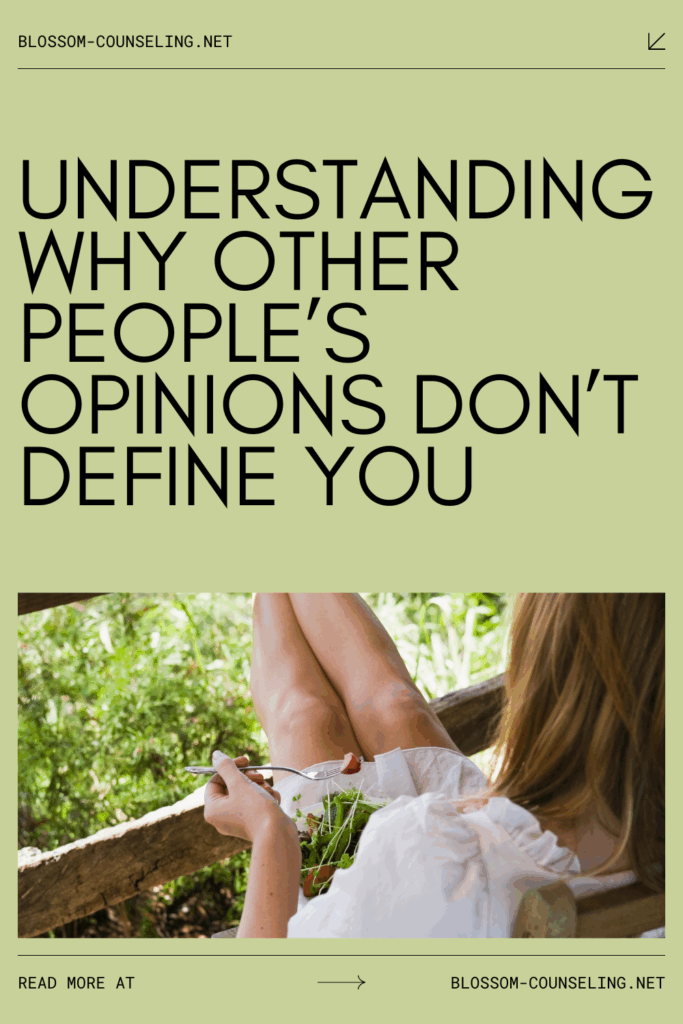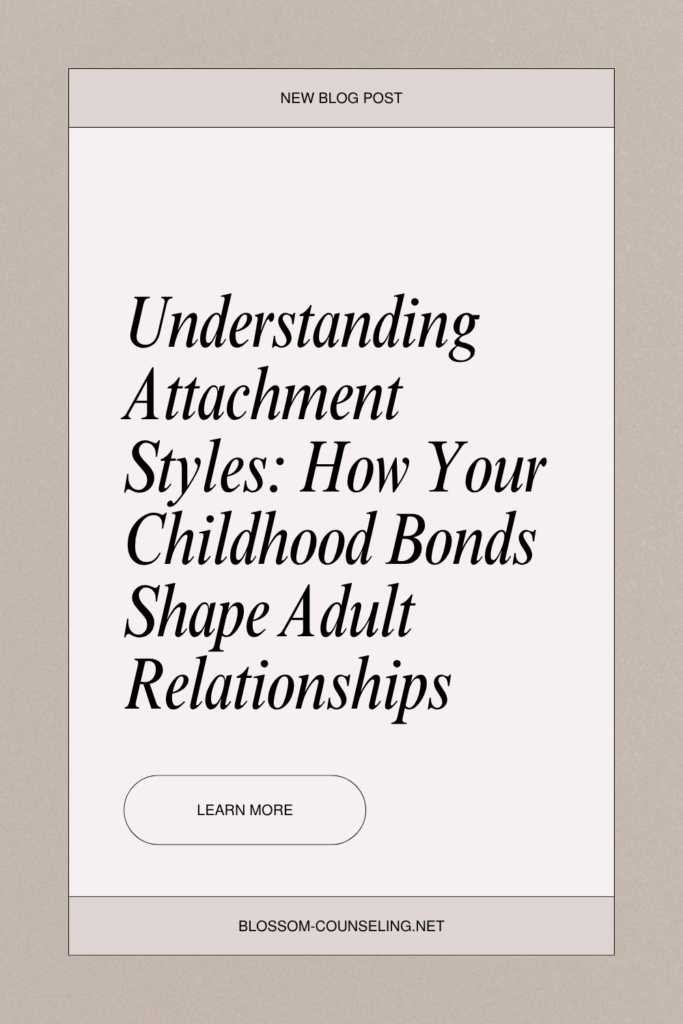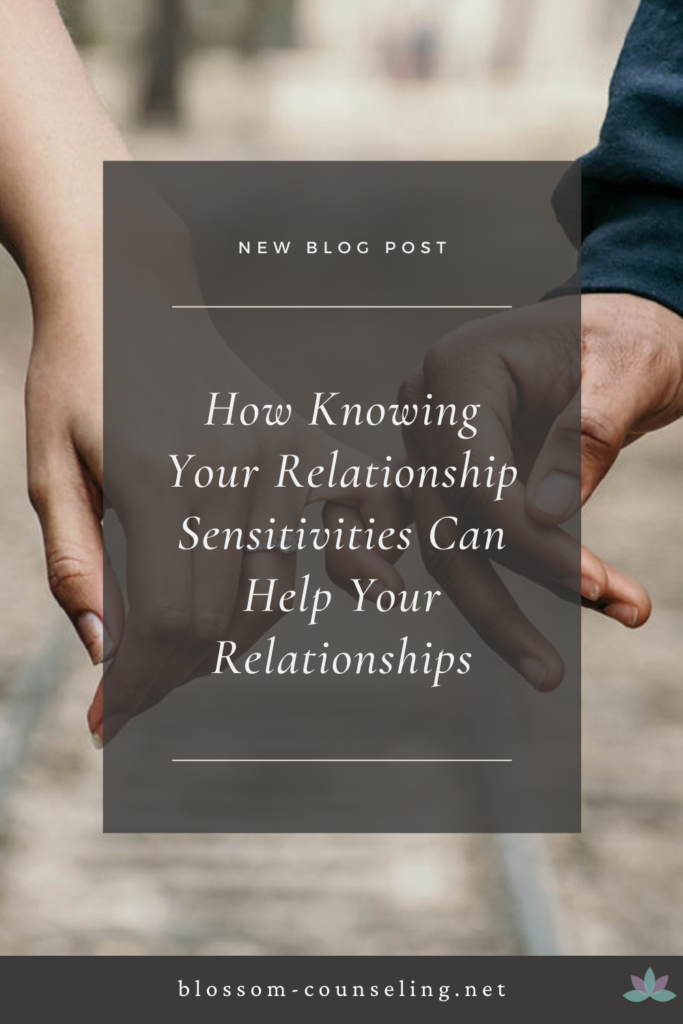“It’s okay.” It’s a phrase we often throw around without much thought. While it’s meant to comfort or reassure, it can sometimes come across as dismissive or superficial, especially in emotionally charged moments. Words carry weight, and when someone is opening up to us, choosing our responses thoughtfully can strengthen connection and understanding.
Here are some ways to respond that go deeper than a quick “it’s okay,” helping to validate emotions, offer support, and create meaningful dialogue.
1. “Thank you for telling me.”
When someone shares something vulnerable, expressing gratitude can be incredibly grounding. It acknowledges the effort and trust it takes to open up, while also avoiding any dismissal of their feelings.
2. “That sounds really hard.”
This response shows empathy without assuming you know exactly how they feel. It validates their experience, making space for their emotions to exist as they are.
3. “I hear you.”
Sometimes, people just need to know they’re being listened to. Saying “I hear you” can convey that their words matter to you and that you’re fully present in the conversation.
4. “I’m here for you.”
This phrase offers a sense of safety and presence. It assures the person that they’re not alone, which can be a powerful reminder during challenging moments.
5. “How can I support you right now?”
Rather than guessing what someone needs, asking directly puts the focus on them. It empowers them to communicate their needs while showing that you care.
6. “It’s okay to feel that way.”
Rather than a general “it’s okay,” this version acknowledges their specific emotions and reassures them that their feelings are valid and acceptable.
7. “That makes a lot of sense.”
Sometimes people need to hear that their emotions or reactions are logical given the situation. This response helps normalize their experience and reduces any self-doubt they might have.
8. “You don’t have to explain.”
When someone is overwhelmed or feeling vulnerable, offering permission to simply feel without needing to justify can be liberating. It allows them to sit with their emotions without added pressure.
Why Words Matter
Our automatic responses often reflect our comfort zones rather than what the other person may need in the moment. While “it’s okay” might feel like a safe fallback, exploring more nuanced ways of responding can open the door to deeper understanding and connection. The next time someone shares something heavy, try pausing for a moment to consider how your words can be a bridge to empathy and support. You’ll be surprised how much of a difference it makes.
Our team of compassionate therapists is here to help you find the support you need. We believe in a holistic approach, treating your mind, body, and spirit. With a blend of traditional and alternative therapies, we tailor your experience to meet your unique needs. At Blossom, we create a non-judgmental space where you can be your authentic self. Our goal is to empower you, amplify your strengths, and help you create lasting change. Together, we’ll navigate life’s challenges and help you bloom, grow, blossom! You deserve to become the best version of you.




